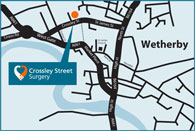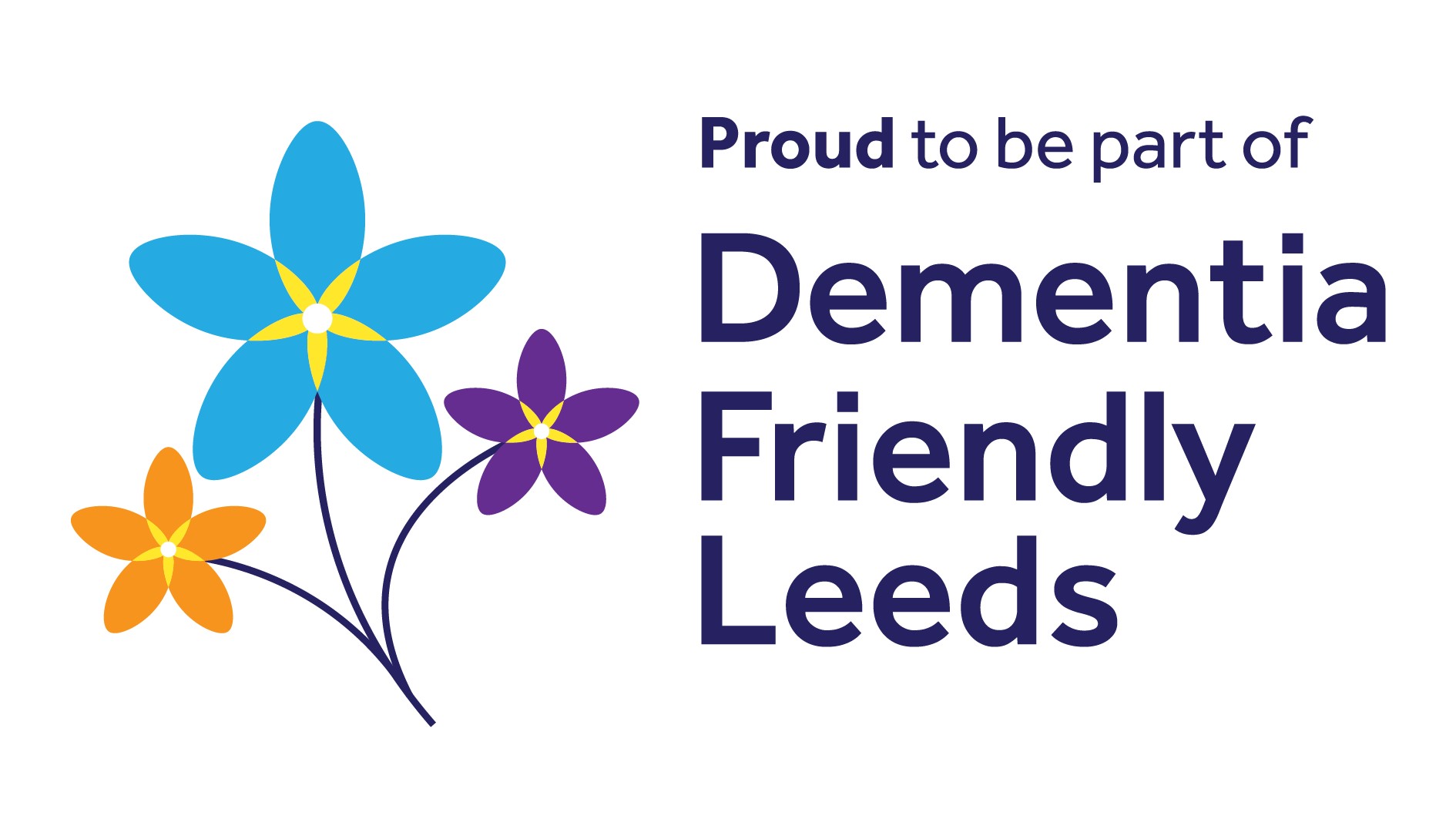Crossley Street Surgery has a strict policy not to prescribe diazepam for individuals with a fear of flying. This is for a number of reasons, which are highlighted below:
- Diazepam is a sedative. It makes you sleepy and less alert. This means you may not be able to concentrate, follow instructions or respond appropriately during the flight. In the event of an emergency, this could put you, as well as other individuals, at serious risk of harm on the flight.
- Because diazepam causes a sedative effect, you are more likely to sleep or be less active during the flight. Sedation increases the risk of developing a blood clot in your leg, which if untreated can be serious, in some cases fatal. This risk is even higher if the flight is longer than 4 hours
- While for most individuals, diazepam has a sedative effect, there are cases of individuals becoming agitated and aggressive after taking diazepam. This could be dangerous for your safety and those around you when on a flight.
- Diazepam is not licensed for the use of phobias. In fact, according the British National Formulary (the guidance that doctors use for prescribing) it is states that benzodiazepines (diazepam) are not to be prescribed for treating phobias. Your GP would be taking considerable legal risk going against national guidance if they prescribed diazepam for this purpose.
- Diazepam is illegal in a number of countries. Carrying it on your person, or being under the influence of it abroad could get you into trouble with the law enforcement in that country
- Diazepam stays in the body for far longer than the sedative effects do; if you are required to submit random drug tests for work, or in any other capacity, this could show as positive.
Should you have a fear of flying there are many courses and supportive measures that can be sought. Please see below for more information:
Easy Jet: www.fearlessflyer.easyjet.com Tel 0203 8131644
British Airways: London Heathrow fear of flying courses | Flying With Confidence



